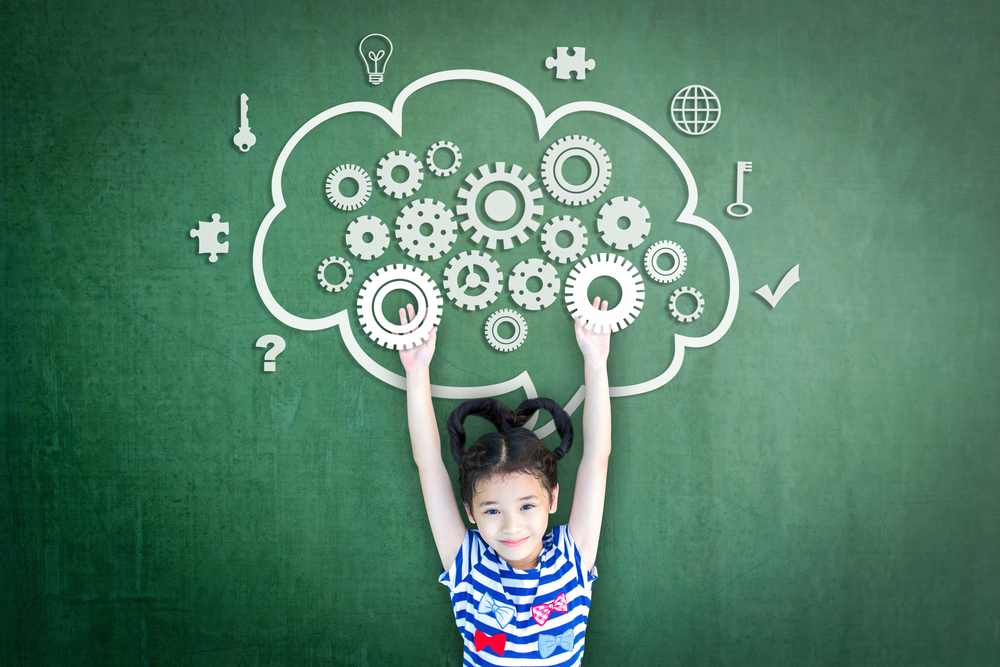In schools, teachers play a crucial role beyond teaching. They support students in their emotional growth, helping them feel better about themselves. In this blog, we look at how teachers positively impact students' emotional wellbeing by fostering strength and empathy. We will look at how teachers create a nurturing environment that promotes emotional development alongside academics. Through their actions and support, teachers create a nurturing environment that promotes emotional development alongside academics.
What is Emotional Wellness?
Before diving into the role of educators, it's important to grasp the concept of emotional wellness. Emotional wellness involves the ability to recognise, understand, and manage one's own emotions effectively. It also encompasses developing empathy towards others and forming healthy relationships. For students, emotional wellness is not only essential for academic success but also for personal growth and overall well-being. When students are emotionally balanced, they are better equipped to handle challenges, build positive relationships, and thrive in various aspects of life.
Strategies for Fostering Emotional Wellness
Teachers serve as more than just instructors; they are mentors, role models, and sources of support for their students. By creating a nurturing and inclusive learning environment, teachers can have a profound impact on the emotional wellness of their students. Here's how teachers influence emotional well-being:
1. Emotional Literacy: Educators teach students to identify and articulate their emotions, fostering self-awareness and emotional intelligence.
Imagine a classroom where students not only learn math and science but also delve into the complexities of their own emotions. Educators can begin each week with "Emotion Check-Ins," where students share how they're feeling and learn to label their emotions. By incorporating activities like journaling or role-playing scenarios, you can help students develop emotional vocabulary and self-awareness.
2. Creating Safe Spaces: Establishing a classroom environment that encourages open communication and respect enables students to feel safe expressing themselves authentically.
Classroom is more than just a place to study—it's a sanctuary where every student's voice matters. Through morning circles and regular class meetings, you can foster an environment built on trust and respect. When students feel safe expressing themselves authentically without fear of judgment, they become more confident in navigating their emotions and building meaningful connections with their peers.
3. Empathy Development: Educators model empathy through their interactions with students, encouraging understanding and compassion among peers.
Empathy isn't just a concept; it's a daily practice. She can encourage students to step into the shoes of historical figures, fostering a deeper understanding of diverse perspectives. Beyond the curriculum, you can model empathy through small acts of kindness and active listening.
4. Mindfulness Practices: Introducing mindfulness techniques like breathing exercises or guided meditation can help students manage stress and enhance emotional regulation.
Picture a class where students start each session with a brief mindfulness exercise. Whether it's a few minutes of deep breathing or a guided meditation, these practices help students center themselves and cultivate mindfulness. By integrating mindfulness into the daily routine, you can equip students with invaluable tools for managing stress, improving focus, and enhancing emotional regulation.
5. Building Resilience: Educators support students in developing resilience by teaching problem-solving skills and reframing setbacks as opportunities for growth.
As students face academic challenges and personal setbacks, you should see each obstacle as a teachable moment. Through collaborative problem-solving activities and discussions on growth mindset, you can empower students to bounce back stronger from adversity.
Educators are instrumental in nurturing emotional wellness among students, laying the foundation for lifelong emotional health and resilience. By embracing their role as emotional guides, educators contribute profoundly to the overall well-being and success of their students, creating a positive ripple effect that extends far beyond the classroom.
Through intentional practices, ongoing professional development, and a commitment to holistic education, educators can continue to foster emotional wellness and empower students to thrive in all aspects of their lives.




 Call Now
Call Now WhatsApp
WhatsApp